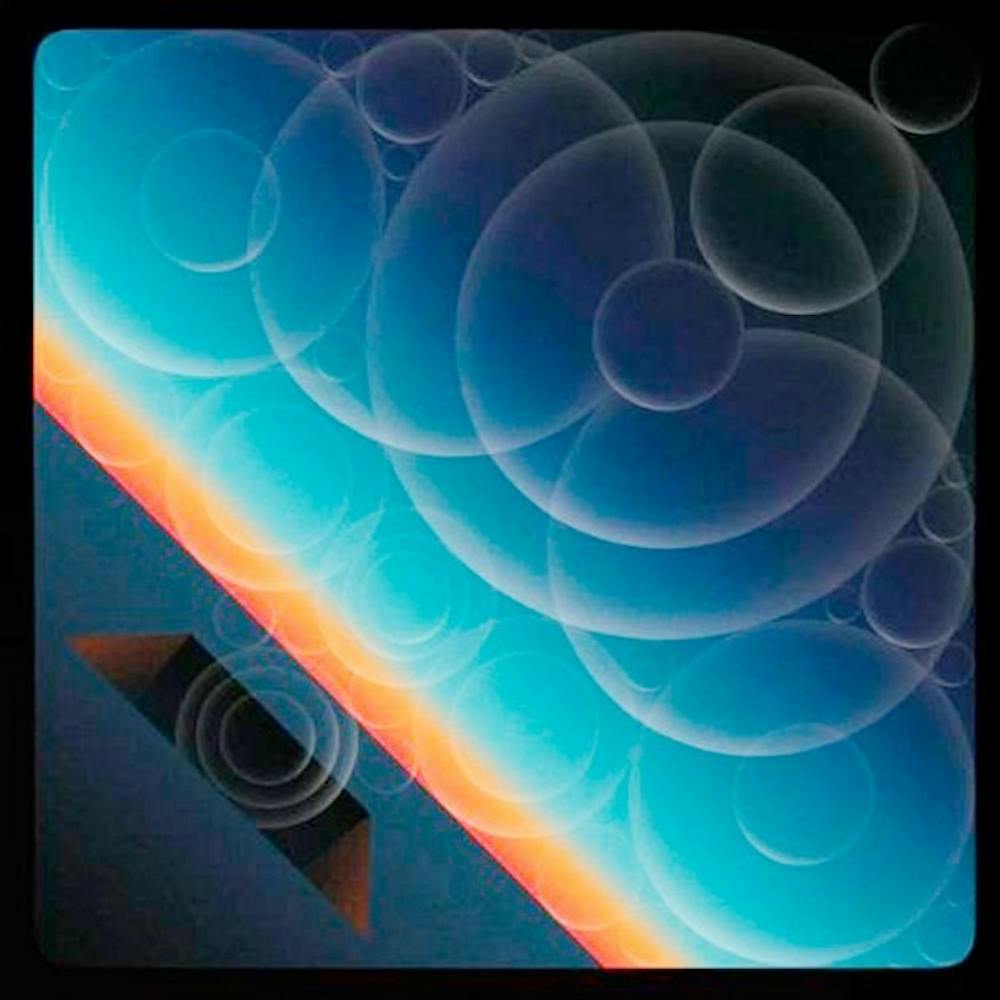Artist: The Mars Volta
Album: Noctourniquet
Label: Warner Bros./Sargent House
Release Date: March 27
Grade: B-
The Mars Volta has always, fundamentally, been a tightrope act. Usually, this has taken the form of the band treading the fine line between mainstream appeal and anti-commercial experimentation, and doing so brilliantly.
Noctourniquet, the group's sixth studio album, is a very different act, however: it's simultaneously the best and worst thing the band has ever done.
The album's duplicity is evident from the first track, the extremely uneven "The Whip Hand." A heavily distorted and metrically off-kilter opening settles down into a prolonged segment in 9/8 that manages to be both mellow and tense at the same time; in short, it's classic Mars Volta.
At the same time, however, Cedric Bixler-Zavala's lyrics are mixed infinitely louder than the rest of the band, the instrumentals are subdued and comparatively simplistic (presumably to make room for Bixler-Zavala's crooning), and the song as a whole airs on the repetitious side - everything that was wrong with 2009's Octahedron is back in full force here.
This being said, Noctourniquet is an infinitely better record than Octahedron. For one thing, it actually has more than one interesting song.
"The Malkin Jewel," the album's first single, is ironically one of its least accessible songs. The piece sounds like something an avant-garde garage band would do: sparse instrumentals backed by heavy bass oscillate between several rhythms while Bixler-Zavala shout-sings cryptic things, with a catchy chorus thrown in occasionally for good measure.
"In Absentia," on the other hand, is a multi-layered soundscape of distortion and synth effects. "Molochwalker" contains some of the album's best guitar work. "Zed and Two Naughts" makes for an energetic finale.
And yet, for every interesting track on Noctourniquet, there's at least one outright bad one. "Empty Vessels Make the Loudest Sound" sounds and feels like a Mars Volta breakup song, and is so bad that it would be right at home on Octahedron. Other tracks, like "Vedamalady," try their damndest to be mellow, but wind up being extremely tedious instead. "Aegis" sounds like a Muse B-side, and not in a good way.
More generally speaking, songs on the whole are both shorter and less inventive than prior Volta work. Gone are the 12-plus-minute epics and ear-melting segments of pseudo-improvised Omar Rodriguez-Lopez guitar work. In the stead of the latter is a plethora of synth effects which, while interesting, pale in comparison to what they replaced.
Ultimately, longtime Mars Volta fans will be left appreciating the fact that the inventive band has evolved while disapproving of what they've evolved into.
Email: arts@ubspectrum.com





